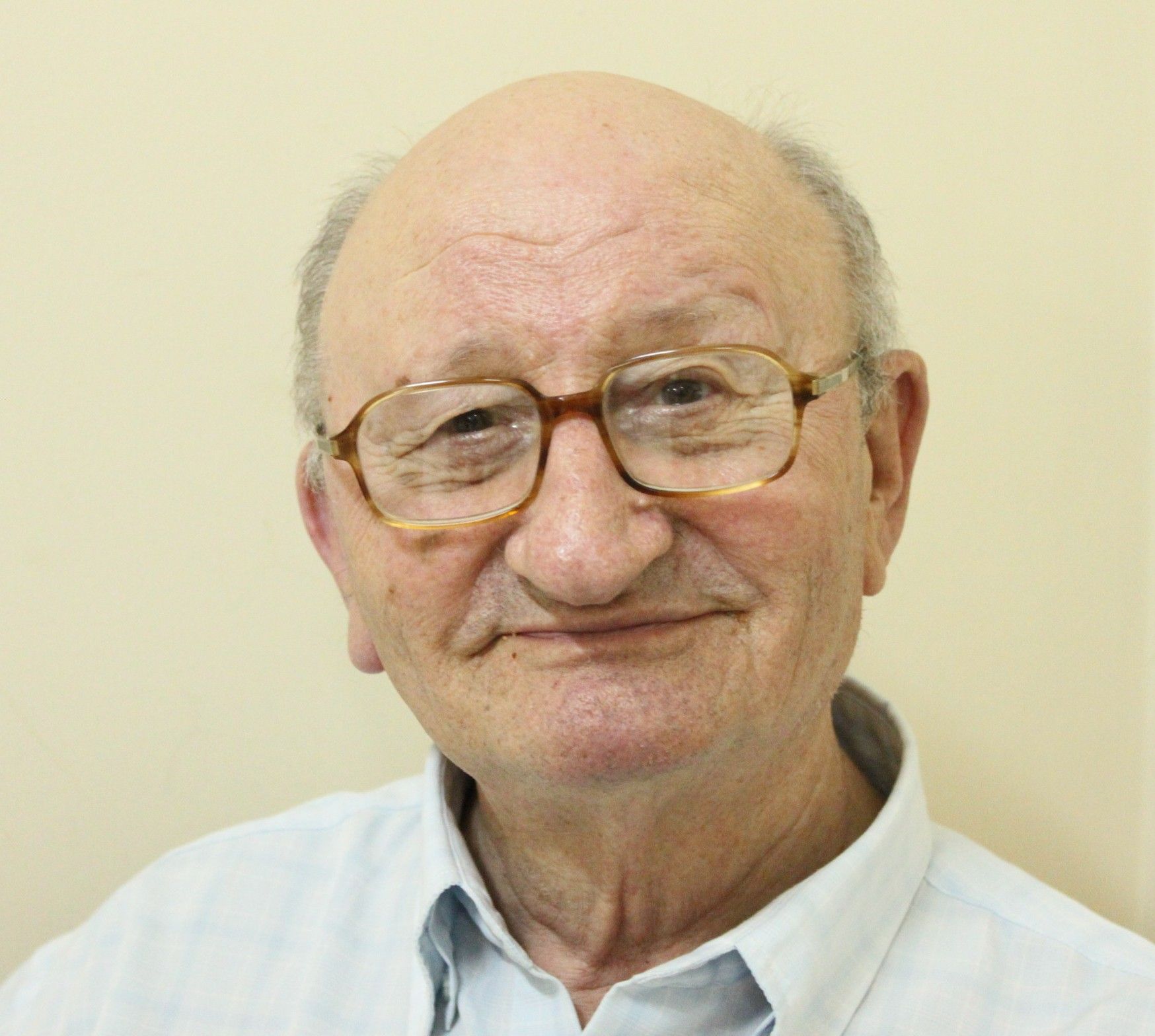Daniel Comboni
Comboni Missionaries
Institutional area
Other links
Newsletter
In Pace Christi
Compri Angelo
Fr. Angelo Compri was born at Buttapietra (Verona) on 4 April, 1929. In the parish - he says - I was “altar server, catechist and organist”. One day a Comboni Missionary came to do a Mission Appeal and showed some slides of the situation in Africa. “Seeing all those people, such poverty and especially the crowds of unbaptized children made a deep impression on me and moved me deeply. It made me want to do something about it”. He was seventeen and had only done primary school. “The missionary told me that, if God was calling me, nothing was impossible for Him”. A few months later, Angelo entered the Comboni seminary at Padua where he finished middle school; he then proceeded to complete high school in the Brescia seminary.
In 1951, he completed the novitiate in Florence and took first vows. he then went to the Mother House in Verona where he finished the Lyceum in 1953. For two years he worked as assistant to the seminarians at Sulmona seminary in Abruzzo. Afterwards he went to Venegono Superiore for theology. And so, after 13 years of formation, on 31 May, 1958, he was ordained priest in Milan by Cardinal Giovanni Battista Montini, the future Pope Paul VI.
Fr. Angelo had a burning desire to leave for the missions but the first task his superiors gave him was that of vice-rector at the Comboni seminary of Sulmona where he stayed for four years. At last, in 1962, he was appointed to Brazil where he worked for fifty years, that is, the rest of his life.
In 1970, he was made parish priest of Pinheiros in northern Espírito Santo where the Combonis were working in the diocese of São Mateus. It was a very vast parish with forty communities. After eight years he went to administer the small parish of the city of Montanha, whose population were mostly of African descent.
In 1983, he was appointed parish priest of the parish of Nova Venécia which had almost 100 communities. He was also appointed rector of the diocesan seminary which received seventeen or eighteen-year-old aspirants preparing to enter the philosophical seminary. “It was an experience blessed by God. Of the 56 young men who entered in ten years, 15 became diocesan priests”.
In 1995, the Comboni Bishop Mgr. Aldo Gerna called him to work in the city of São Mateus, the diocesan see. It was a city of 100,000 inhabitants and only one parish. Bishop Gerna saw the need to create another in the poorest area of the city and that was how the parish of Santo Antonio, the most demanding of Fr. Angelo’s missionary commitments, came to be born. It had 45 communities within a radius of 65 Km. In 1967 he decided to build a centre for the many abandoned children. He began with a few halls and later built the proper centre called the Casa Lar (Family Home), which facilitates adoptions within and outside Brazil. Afterwards, with the help of many people both in Brazil and in Italy, he built the church and the parish centre.
It was during those years that Fr. Angelo began to have problems with his health and, being used to working at breakneck speed, he had to slow down his work. Consequently, in early 2008, he was sent to the community of Guriri which is located on the opposite side of São Mateus. A year later, he began a six-month stay for treatment in Milan. When he returned to Brazil he was sent to São José do Rio Preto, 1500 Km away, where there were better medical facilities. He stayed there for two years and then returned to Guriri.
His return to Guriri, in the house for elderly missionaries but close to his people, helped him to settle down.
He died suddenly due to a heart attack on 4 February, 2013, at the São Mateus hospital, where he had been admitted the previous evening. He had felt some pain during supper while chatting with the confreres about the day, a Sunday which he had passed quietly, taking part in a celebration for people of Italian descent.
After a funeral vigil at Guriri, the remains were taken to the church of Santo Antonio, the parish he founded and the main centre of his intense activities. There was a great crowd of people present. They surrounded the catafalque with 30 flower wreaths, causing the supply of flowers in the city to run out. Fr. Angelo was buried at Nova Venécia, 60 km from São Mateus, in the Comboni chapel.
The Tribuna do Cricaré, the newspaper of the city of São Mateus, devoted two full cover pages to the funeral and to Fr. Angelo himself on that day.
(Fr. Giampiero Baresi)
Da Mccj Bulletin n. 258 suppl. In Memoriam, gennaio 2014, pp. 11-16.

